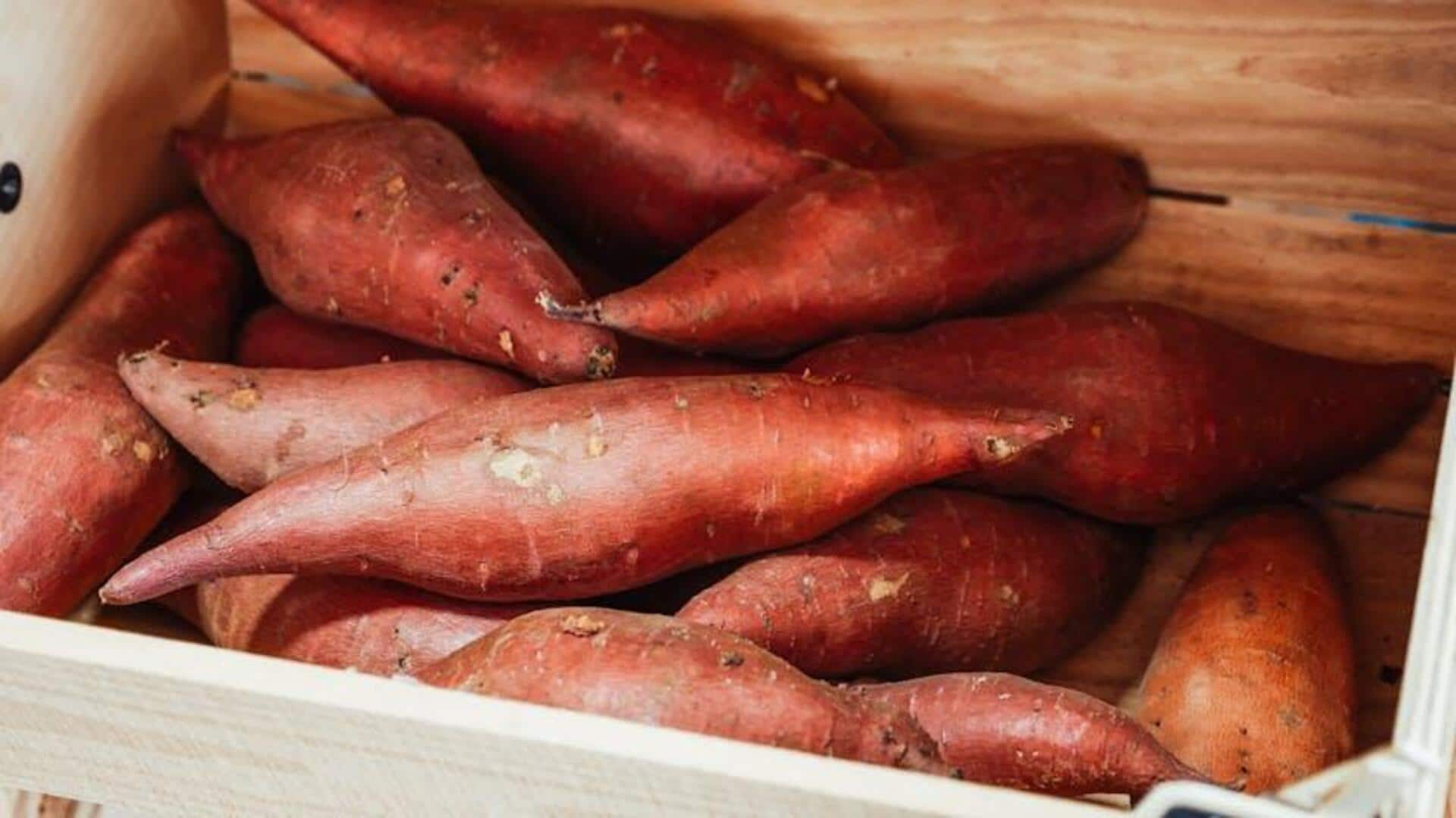
Why root vegetables are the next superfoods
What's the story
African root vegetables are the next big thing in global health trends. These commonly ignored vegetables are packed with nutrients and have been a part of African diets for centuries. As the world moves towards healthier foods, these root vegetables are being recognized for their potential to improve diets worldwide. Their unique flavors and health benefits make them an exciting addition to various cuisines.
Yam benefits
Nutritional powerhouse of yams
Yams are a rich source of dietary fiber, vitamins C and B6, and potassium. They promote digestive health and keep your energy levels high throughout the day. Yams also have antioxidants which fight oxidative stress in the body. Thanks to their low glycemic index, they are ideal for those controlling blood sugar levels. Including yams in your meals can help you stay balanced.
Cassava Insights
Cassava's role in diets
Cassava is a versatile root vegetable that offers carbohydrates needed for energy production. Being gluten-free, it serves as an excellent option for those with gluten sensitivities or celiac disease. Cassava also provides vitamin C and folate, which support immune function and cell growth. Its capability to be processed into flour or chips adds diversity to its culinary uses.
Sweet potato advantages
Sweet potatoes' health impact
Sweet potatoes are loaded with beta-carotene, which converts into vitamin A in the body, promoting eye health and boosting immunity. They also provide dietary fiber that facilitates digestion and helps keep cholesterol levels in check. The sweetness of sweet potatoes makes them a favorite for savory dishes and desserts without added sugars.
Taro benefits
Taro's unique properties
Known for its starchy texture and nutty flavor profile, taro offers essential nutrients like magnesium, phosphorus, potassium, and vitamins E and B6. It's also lower in fat than many starchy foods such as rice or pasta, and even some popular alternatives like quinoa or couscous found on supermarket shelves today.